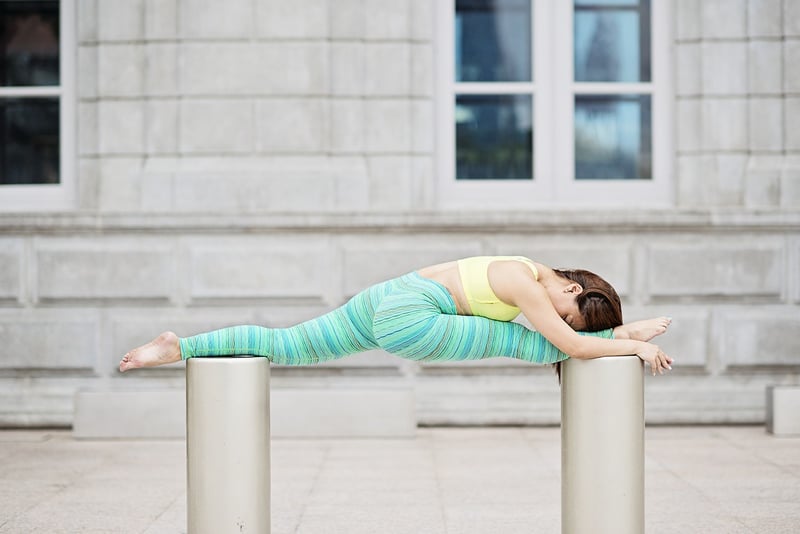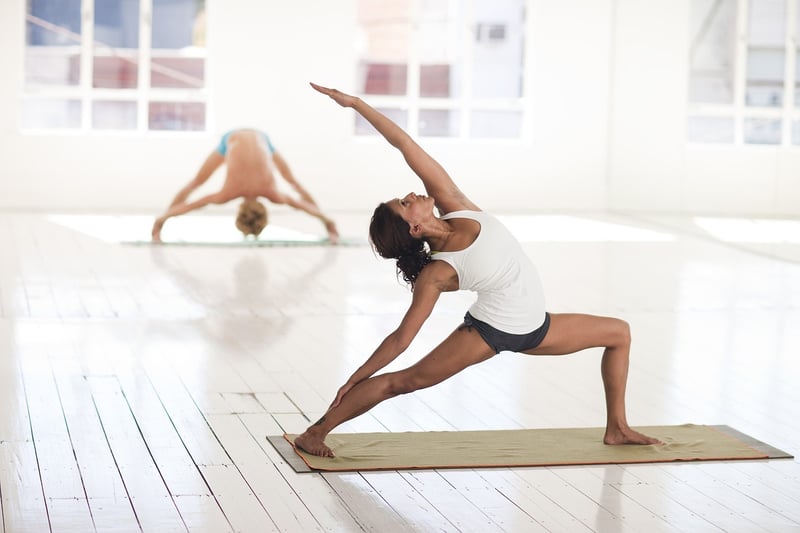Yoga Poses
The Link Between Mental and Physical Health: How Yoga Poses Can Help
Physical health and mental well-being are closely interconnected, with one significantly affecting the other. The practice of yoga, an ancient discipline that combines physical postures, breathing techniques, and meditation, can be a powerful tool to improve both physical and mental health. In this article, we explore the link between mental and physical health and how specific yoga poses can help promote overall well-being.
The Connection Between Mental and Physical Health
Research has shown that there is a strong relationship between mental health and physical health. Poor physical health can contribute to mental health issues such as stress, anxiety, and depression. Conversely, mental health problems can manifest as physical symptoms such as insomnia, fatigue, and muscle tension.
By addressing both physical and mental aspects of health, individuals can experience holistic well-being and achieve a better quality of life. Yoga, with its focus on integrating the mind and body, is a practice that can help bridge the gap between physical and mental health.
Yoga Poses for Mental and Physical Well-being
Yoga poses, also known as asanas, can have a profound impact on both the body and mind. Here are some yoga poses that can help improve mental clarity, reduce stress, and enhance physical strength:
- Child's Pose (Balasana): This resting pose helps calm the mind, relieve stress, and gently stretches the back.
- Mountain Pose (Tadasana): A foundational pose that promotes grounding, stability, and improved posture.
- Downward-Facing Dog (Adho Mukha Svanasana): This pose strengthens the arms, shoulders, and legs while also calming the mind and relieving stress.
- Warrior II (Virabhadrasana II): A powerful pose that builds strength, stability, and focus.
- Corpse Pose (Savasana): A relaxation pose that promotes deep rest and rejuvenation, aiding in stress reduction and mental clarity.
By incorporating these yoga poses into a regular practice, individuals can experience a multitude of benefits for their physical and mental well-being. The mindfulness and deep breathing techniques used in yoga can also help reduce anxiety, improve concentration, and enhance overall mood.
Conclusion
It is essential to recognize the connection between mental and physical health and take steps to nurture both aspects of well-being. Yoga, with its holistic approach to health, offers a valuable means to improve overall wellness by integrating the mind and body. By practicing yoga regularly and incorporating specific poses aimed at mental and physical health, individuals can embark on a journey towards a healthier, more balanced life.
Remember, taking care of your mental and physical health is a continuous process, and yoga can be a supportive practice along the way.
Start your yoga journey today and experience the transformative benefits it can bring to your life!

